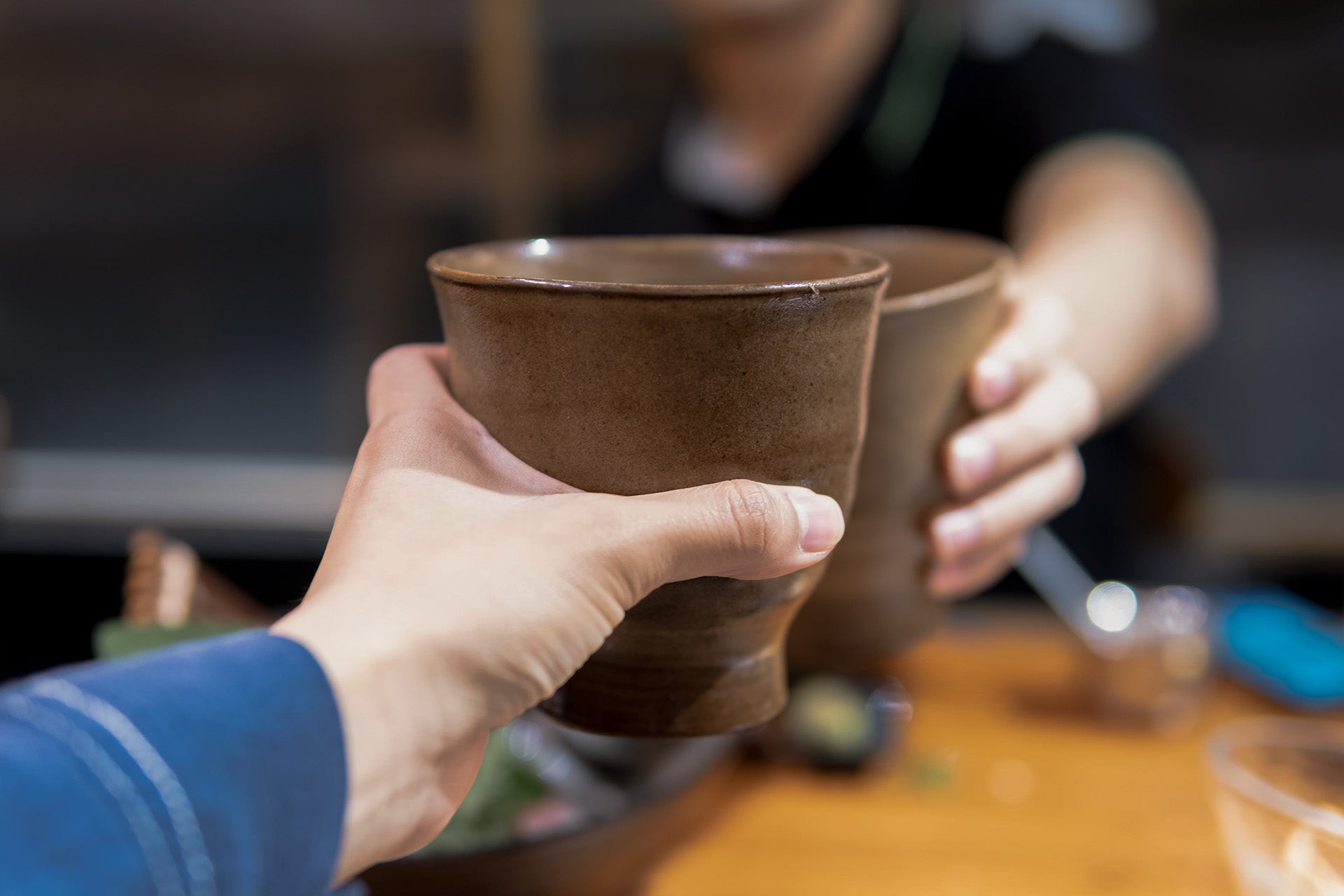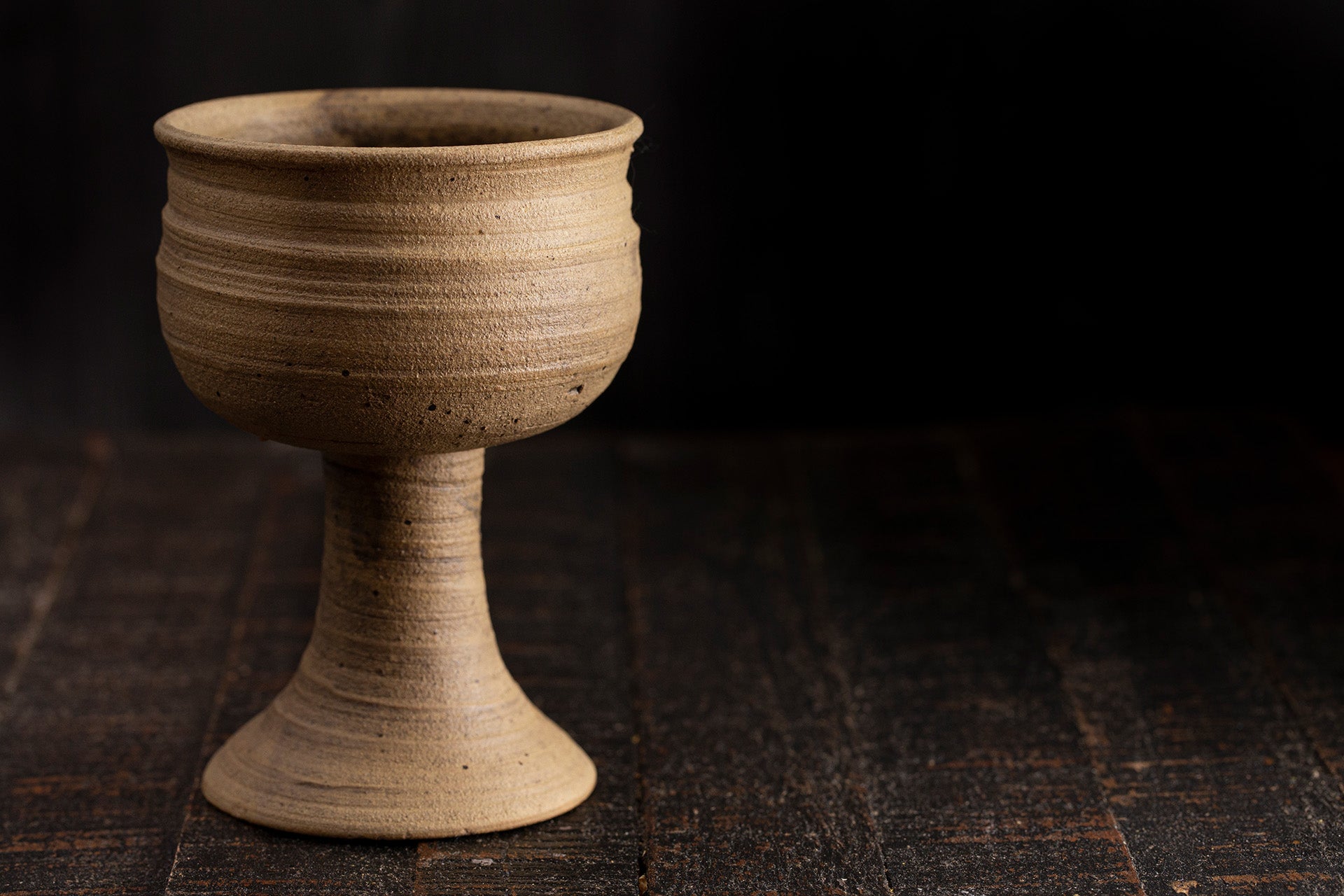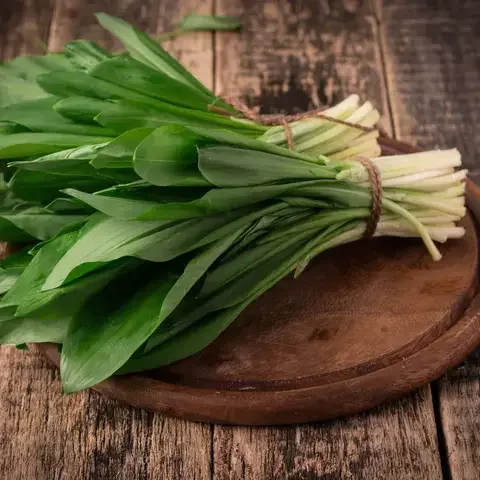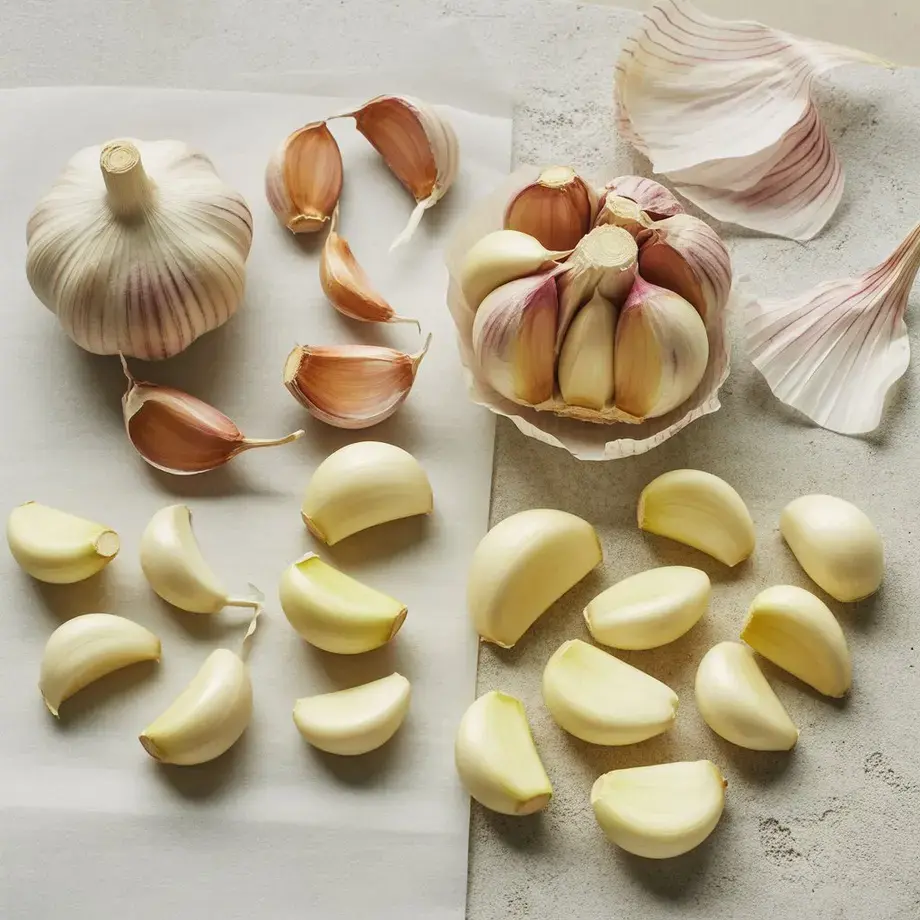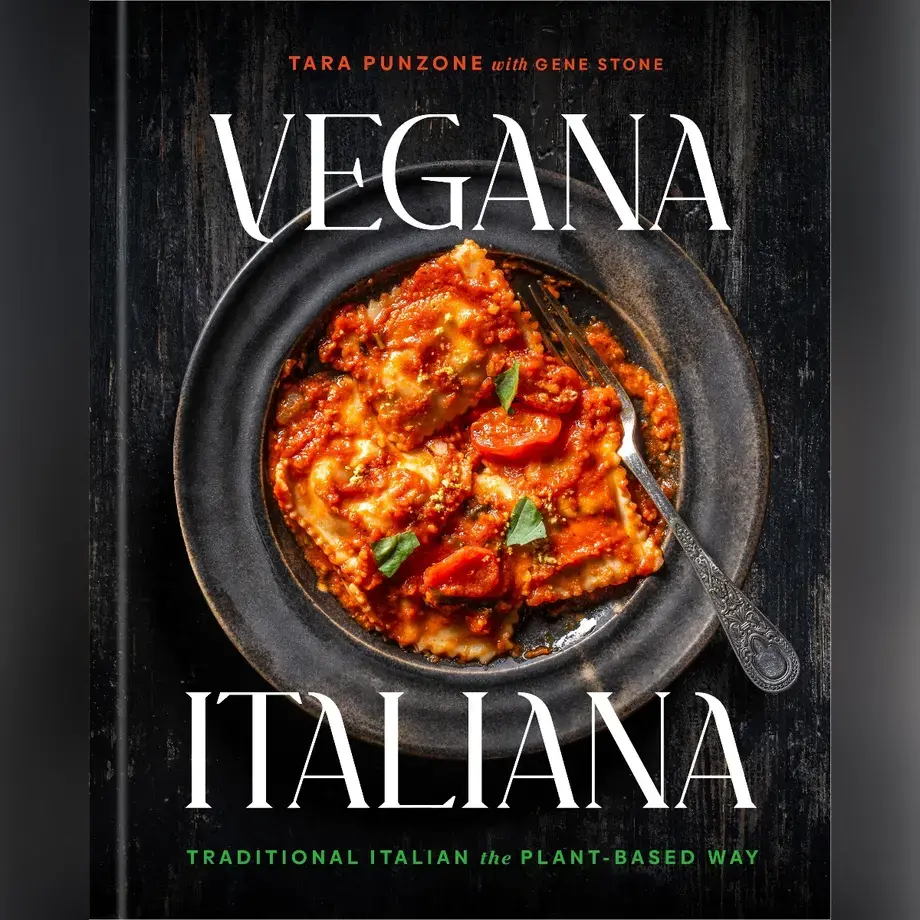Humanity’s love affair with wine extends way back - over 8000 years ago - when people most likely stored their wine underground, in large, round clay vessels called kvevri or qvevri, a method that still persists today in wine's motherland, Georgia. But how about sipping wine out of clay or terracotta cups?
The modern-day wine glass as we know it probably emerged around 1400 in the city of Venice, before which clay or terracotta jugs and mugs would have been widely used. The tradition is still practiced in parts of France, Italy and Eastern Europe, and it's a novelty which seems to be gaining traction in more contemporary bars and restaurants Down Under.
In Australia's New South Wales, Kelly and Paolo Picarazzi are serving wine out of hand-made ceramic cups at their restaurant Carcoa, thanks to the revival of a tradition in Italy's Ciociaria region where Paolo originally hails from. "[The practice is] very old, many people believe the wine tastes better because the terracotta comes from the ground and they believe this makes the wine taste better," Paolo told ABC News in a recent interview. After an initial shock, customers have been remarkably receptive to the new terracotta cups, Kelly reports: "At first, they were like: 'Where are the wine glasses?' But once we explain it and tell the story behind it ... they love it."


